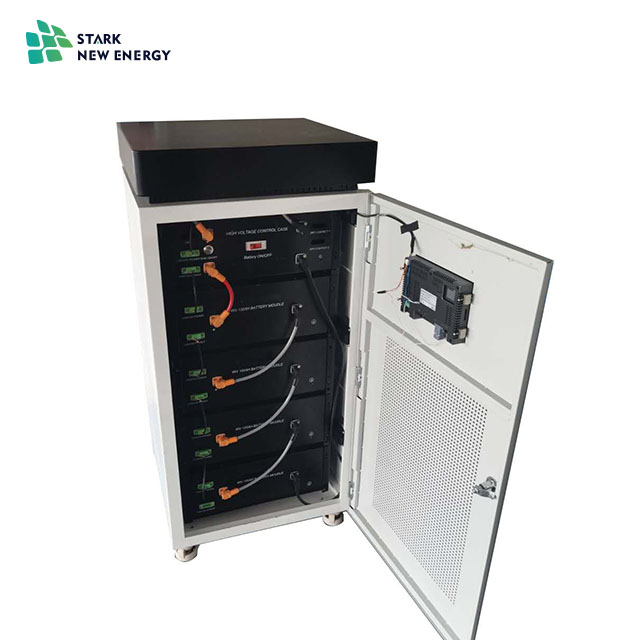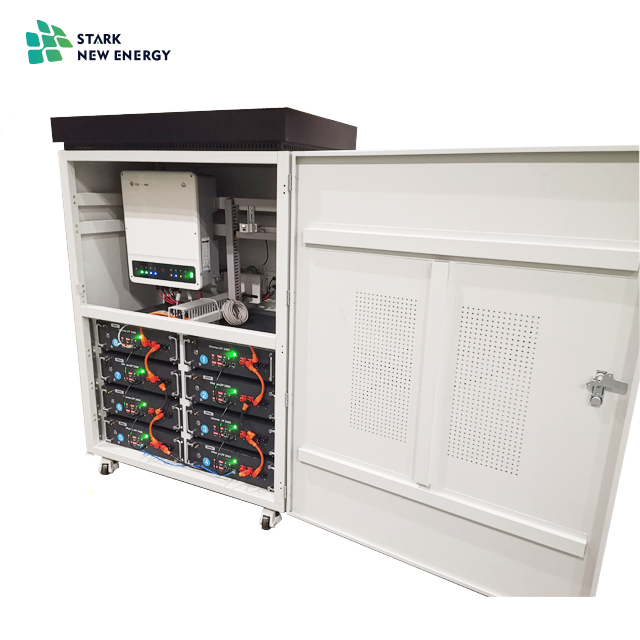ZTE suffers, Huawei scenery, mobile phone market is about to usher in a crackdown
[ZTE suffers from Huawei's scenery and the mobile phone market is about to face an upsurge] In the wave of this spring's new machine release this year, Huawei is the best of both worlds. Huawei's Huawei P20 for DxOMark and its main AI camera. Glory 10 has not only become a leader in the same category of products, but also has brought new growth momentum to the mobile phone market that has fallen into the "winter" theory.
When the mobile phone market enters a vacuum period, Huawei's attitude is incontrovertible. On the one hand, it has increased market competition by using new products with sincerity. On the other hand, it has increasingly exerted its efforts on terminal cloud services, throwing out a killer for future competition.
The deep meaning of it may also need to be understood from the perspective of the future market.
The mobile phone market is about to usher in a crackdown
The popularity of the science fiction "Three-Body" has made the theory of "Dimensional Attack" become the law enshrined by countless entrepreneurs, that is, using advanced business models to attack backward business forms, and then discover new opportunities from wild places. Just for the mobile phone industry, such a highly mature market, want to form an overwhelming advantage to competitors, I am afraid that only “upgrade†is the premise to achieve asymmetry.
Cloud services are not unfamiliar to mobile phone manufacturers. There may be some brands that stay at the stage of pure cloud data storage. Huawei's terminal cloud services, which were operated independently in 2015, have already completed three levels of “upsizingâ€.
First, experience the dimension. At the beginning of the popularity of smart phones, the understanding of user experience was too narrow. Configuration parameters and running data were almost all of the user experience. It is undeniable that benchmarking parameters at the press conference are still a tradition of many handset manufacturers, but the understanding of user experience has generally risen to more specific details such as fluency optimization, endurance promotion, photography, and games.
The experience of Huawei's terminal cloud service upgrade seems to be attributed to the coverage of life scenes, allowing the seamless blending of mobile phone functions and the user's daily life, which in turn leads to subtle enhancements. For example, HuaweiPay is used by more than 12 million merchants online. It has already achieved convenient services such as brushing bus cards earlier than Apple. Huawei SkyView supports network coverage in more than 80 countries and regions, including travel guides, international driver’s licenses, and overseas One-stop outbound services such as self-drive car rental, global hotel booking, and so on.
"Feeling" to "non-influence" are the natural rules of experience for all outstanding products. Huawei is precisely the forerunner of the mobile phone industry in this direction.
Second, service upgrade. In the list of global mobile phone rankings, Huawei, OPPO, etc. from China have long been familiar faces. Especially in the context of the disappearance of dividends in the domestic market, the globalization of domestic mobile phone manufacturers has become an irreversible trend. It is also accompanied by the internationalization and localization of services.
Huawei's terminal cloud service is one of the pathfinders. It established the data center in Europe very early and passed the most stringent CSA-STAR safety certification in Europe in 2015. At last year's Huawei Europe Eco-Conference 2017, Huawei Terminal Cloud Service announced heavy cooperation with more than 50 overseas eco-partners, including many well-known European application providers, internationally renowned digital film distributors, and game development companies. The precedent of localization services for mobile phone brands overseas also confirms Huawei’s global service capabilities.
The overseas layout is just one of the performance of “service upgradeâ€. Huawei launched a “Year Star Plan†with a one billion yuan investment at the end of last year to encourage developers to provide innovations in areas such as AR/VR, artificial intelligence, and internet of things. Talent training, development support, marketing assistance, and a series of funding and resource support are intended to create an intelligent service ecosystem.
Third, the value is increased. If the application of artificial intelligence is a watershed between smart phones and smart phones, the “value uplift†of Huawei's terminal cloud services is the key to distinguishing smart phones. The value of smart phones lies in communication tools and entertainment tools. Huawei has given new concepts to smart phones, users' personal assistants and digital avatars.
Smartphones emphasize the value of the product itself, which is reflected in what functions and services it can provide, and fail to perceive what kind of service the user needs. In glory Magic released in 2016, Huawei has already made such an attempt to provide personalized recommendations and services based on user behavior. The recently released Huawei P20 series and Glory 10 are all equipped with Kirin 970 with an independent NPU, which is a good thing for Huawei terminal cloud services. It is beneficial to shape the value model of smart phones and complete the value upgrade of mobile phones.
From the perspective of Huawei's efforts to force wearable devices and notebook computers, Huawei's terminal cloud services have probably achieved seamless connection between different terminals. This may be a signal worth reading, and cloud services will no longer be a supporting role in the future, but will use mobile phones, computers, and other hardware devices as their own value carriers.
Cell phone battlefield in the future
The purpose of Shengwei is to “strike harderâ€, and Huawei’s big game is not only a mobile phone business. In Huawei’s “core-end-cloud†strategy, the chip is the basis for innovation, and “end†refers to the mobile phone. Smart devices such as wearable devices, tablets, laptops, and routers, and cloud services throughout the entire life cycle of Huawei's end products.
Judging from the current situation, Huawei's competition with other mobile phone manufacturers has already been spurred by the ups and downs. For example, through the cooperation of "core-end-cloud", a smart application scenario with mobile phones as the core has been formed. It is like the fact that the two armies are opposing each other. Originally, the two sides were merely contested by the army. They were desperately digging trenches to maintain a stalemate. When one of them initiated the blitzkrieg of "aircraft + tanks," the whole form of the war would change.
When competitors are focusing on the single battlefield of mobile phones, does the layout of Huawei's "mobile phone + terminal cloud service" is not a crackdown?
Of course, almost all mobile phone manufacturers keep their alertness, typically around the "computing center." When wearable devices appeared, mobile phone manufacturers from home and abroad flocked to the market. When VR and AR concepts were hot, first- and second-tier mobile phone brands had come one after another; when the concept of Internet of Things emerged, some mobile phone brands started the layout of smart homes. ... But the biggest misunderstanding lies in whether the richness of terminals is not the only factor that determines the outcome. Even the focus of competition is likely to be concentrated on the level of cloud services.
This has already been reflected in the overseas layout of domestic mobile phone manufacturers. Due to the lack of global cloud service capabilities, many brands' competitive advantages are limited to the product side, and the control over services is minimal, failing to establish a direct channel of communication with users. At the expense of user stickiness, but also deepened the dependence on channel partners. Samsung's performance in the Chinese market in recent years is a reflection of this malady. Huawei and other companies have used the terminal cloud service to “re-educate†the market. Few users are willing to pay for defective products.
It can be foreseen that the richer the functions of smart phones, the more important the role played by terminal cloud services. The current smartphone replacement cycle has been as high as 22 months, and mobile phone manufacturers such as Apple and Huawei have already found new profit directions. So, whether it is based on the current considerations or future pre-judgments, the value of terminal cloud services will gradually become more prominent.
Jiangsu Stark New Energy was founded in 2018. It is an emerging new energy manufacturer and trader. Our company focuses on the integration and research and development of household energy storage systems. The Energy Storage System integrates our company`s lithium iron phosphate battery packs. 48V 51.2V batteries are connected in series and parallel to meet the requirements for battery voltage and capacity.
Equipped with a dedicated inverter control all-in-one machine for home connected and off-grid energy storage, it realizes the free switching of energy between photovoltaic mains and batteries, making energy more efficient, and allowing many islands and other areas with no electricity or unstable mains to obtain Reliable power supply
At present, our best-selling products include 10KWH 5KW and 20KWH 10KW energy storage all-in-one machines, which can also be customized according to the specific needs of customers to fully meet the needs of customers and the market.


Home Energy Storage System,Energy Storage System Lithium Battery,Solar Energt Storage Battery System,Hybrid Energy Storage System
Jiangsu Stark New Energy Co.,Ltd , https://www.stark-newenergy.com